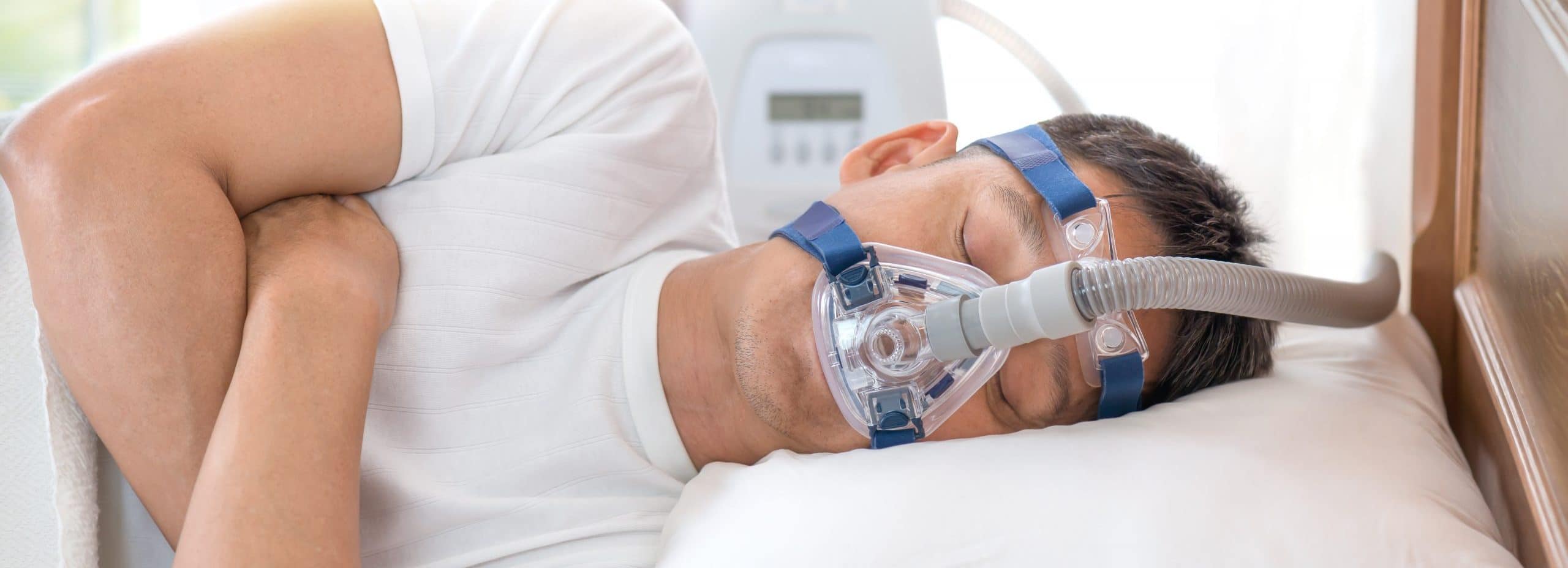HOW YOU WILL BE TESTED AND DIAGNOSED
If your doctor suspects that you have a sleep disorder, there are a number of different tests he or she may recommend to determine what is causing your symptoms. Although lab tests and an assessment of your symptoms can provide your doctor with a lot of information, sleep tests are usually the best way to get an accurate diagnosis. Here is a closer look at some common types of sleep testing you may undergo.
Overnight Sleep Study
An overnight sleep study, also called a polysomnogram or PSG, is a basic type of sleep study. It collects an array of information about your sleeping patterns. Overnight sleep studies conducted in sleep labs monitor brain, heart, air flow, eye movement, and muscle activity. Additionally, your physician may request to monitor your snoring, body position, oxygen saturation, and any parameters. Technicians monitor patients by video and audio throughout the night. If you exhibit symptoms of sleep apnea during a study, the technician may start CPAP treatment to see if it alleviates your symptoms.
Maintenance of Wakefulness Test
Maintenance of wakefulness tests, or MWTs, assess your ability to stay awake during the day. You will be asked to remain awake for a series of four tests that are two hours apart. The tests will record brain and heart activity to see if you stay awake or fall asleep during that period. MWT’s are usually scheduled for the day following an overnight sleep study. These tests can be particularly helpful for patients with narcolepsy.
Multiple Sleep Latency Test
Many people refer to the MSLT, multiple sleep latency test, as a nap test. It determines if a diagnosis of excessive sleepiness is appropriate. These tests take place during the day following an overnight sleep study. Patients are asked to take period naps, and heart and brain activity are recorded to see if napping really does occur.
Our sleep specialists in New Jersey at Sleep Dynamics analyze the results of these tests so you can get the diagnosis and treatment you need for your sleep disorder. To schedule an appointment, please call (848) 217-0240.



